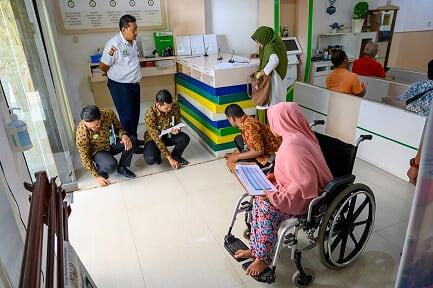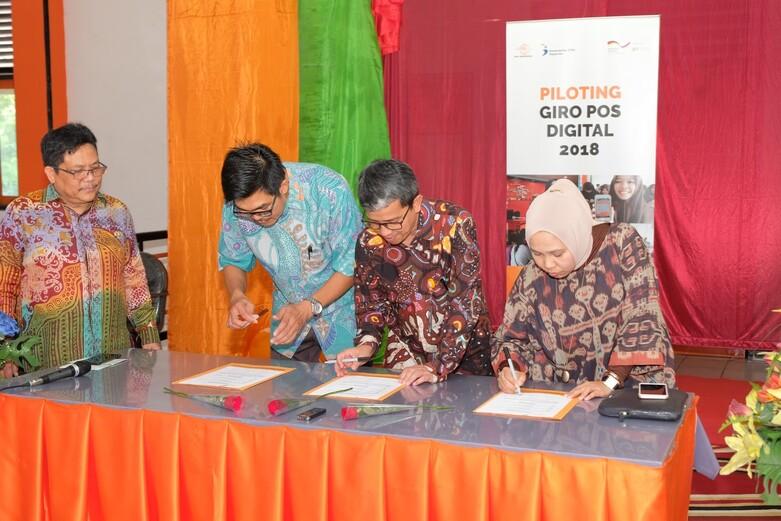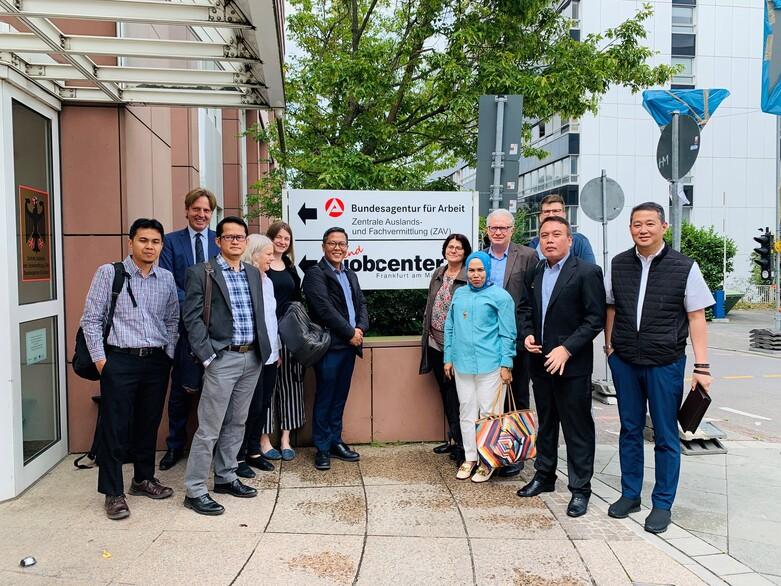Context
Since 1999, the poverty level in Indonesia has halved, reaching 10.7 per cent or 27.76 million individuals in 2016. The World Bank estimates that an additional 24 per cent of the population are at risk of poverty. Although its position places the country above the poverty line, the population only possesses a maximum of 1.5 times the threshold value. What is more, the inequality level has grown rapidly in the last ten years due to geography and social concentration.
In Indonesia, there is a high risk of poverty due to extreme weather events and natural disasters. According to the 2017 World Risk Report, Indonesia ranks 33 out of 171 countries. Poor households are often unable to take preventive measures and thus face existential threats. To date, social protection does not cover these risks, which means that if hit by a disaster, the household falls into poverty.
There is insufficient social protection coverage for the population and lack of economic opportunities to get out of poverty. The risks, particularly of falling into poverty or of staying poor due to extreme weather events or natural disasters, which are on the rise as a result of climate change – are substantial and have not been covered so far. Providing access to productive employment remains a daunting challenge, especially for people with disabilities. The social protection system does not sufficiently protect citizens from existential risks and is not able to effectively promote (self-employed) livelihoods for the poor and near-poor.
Objective
The project supports the Government of Indonesia with innovative approaches to complement the existing social protection system for the poor and vulnerable.


